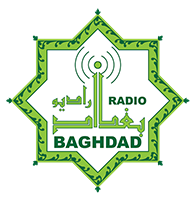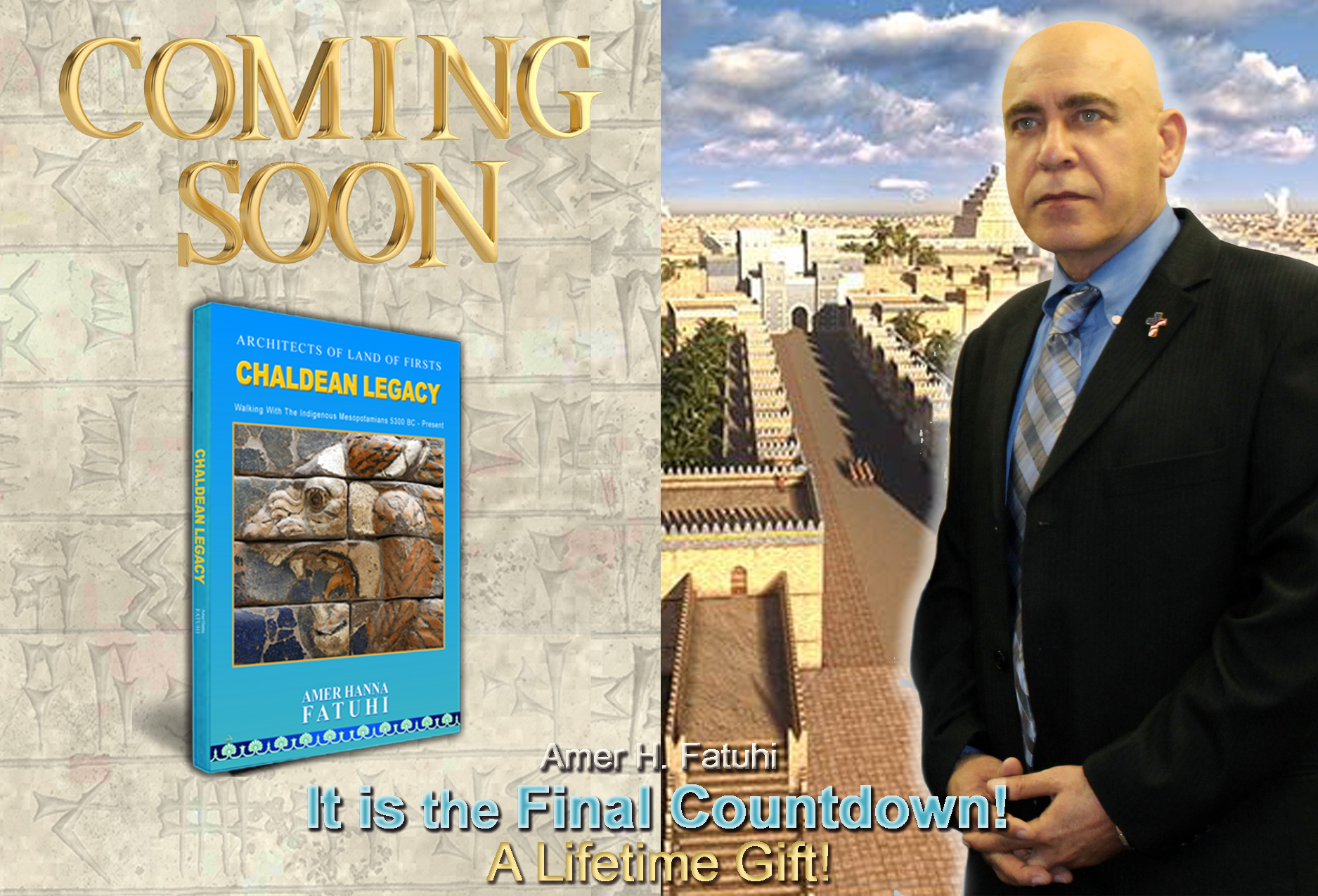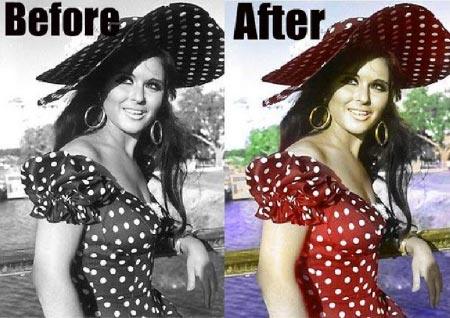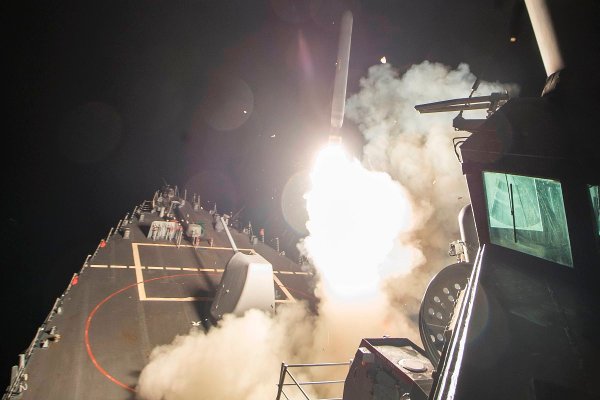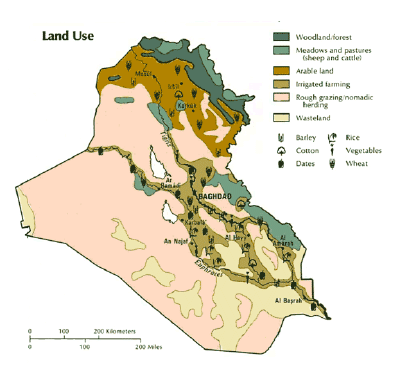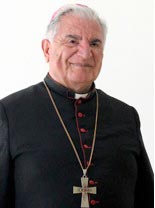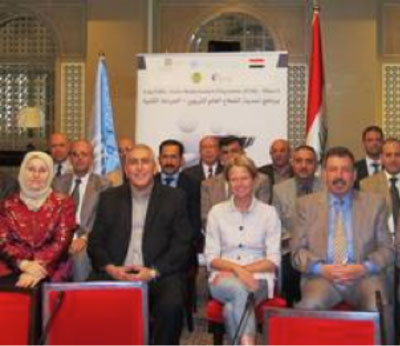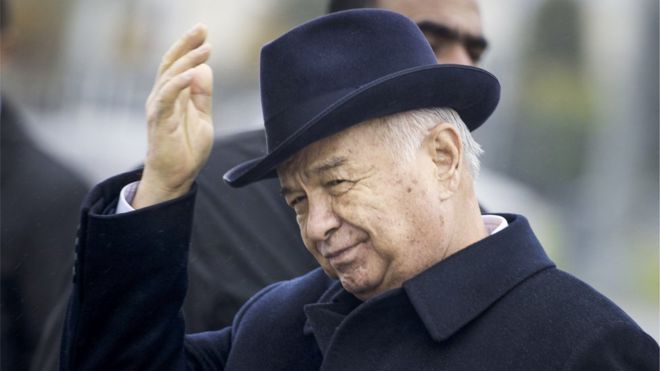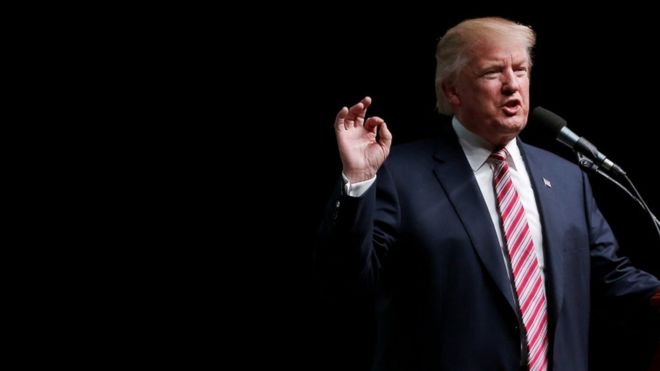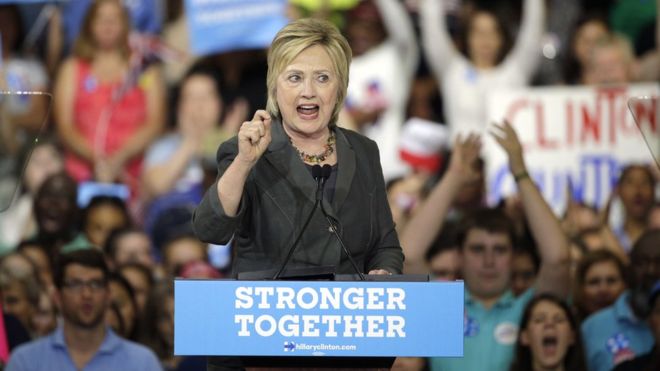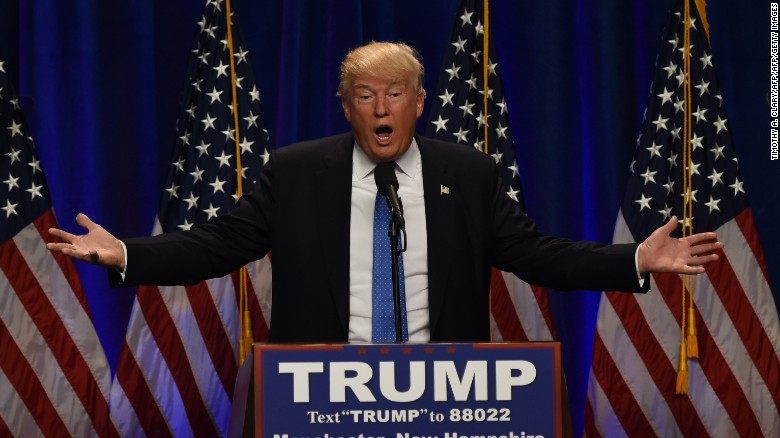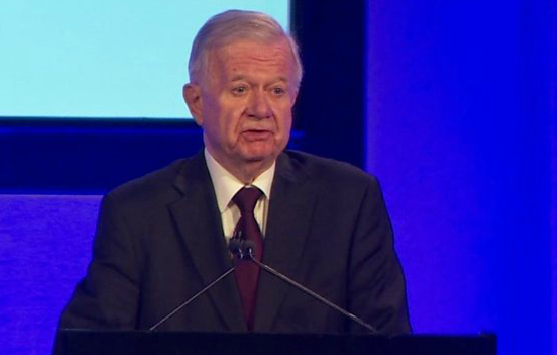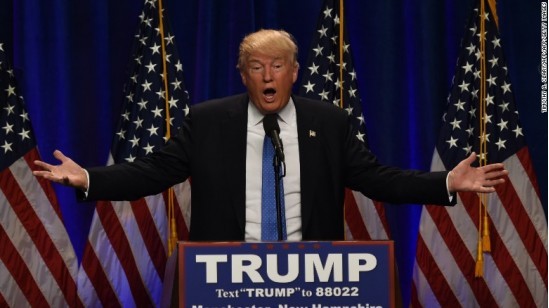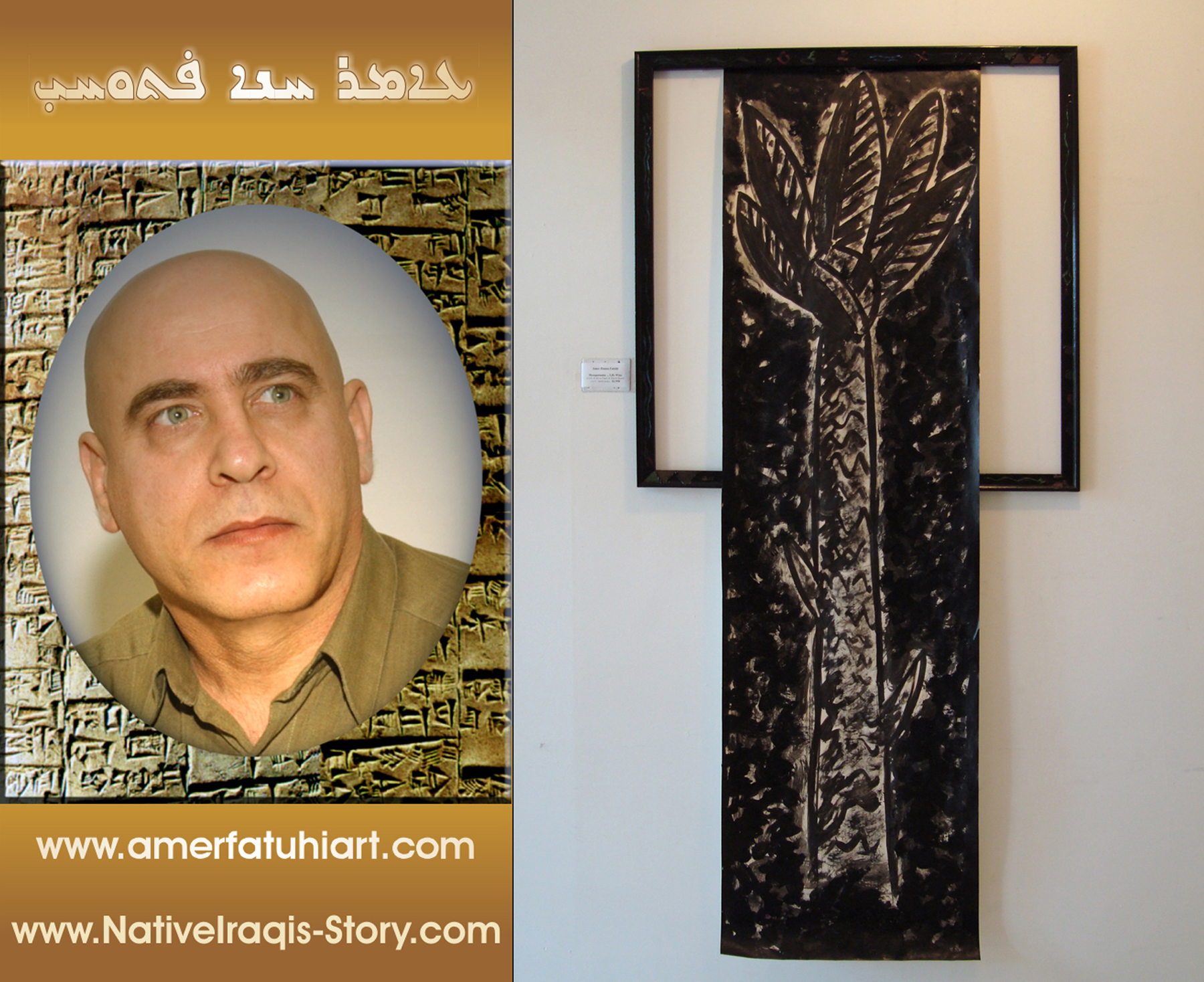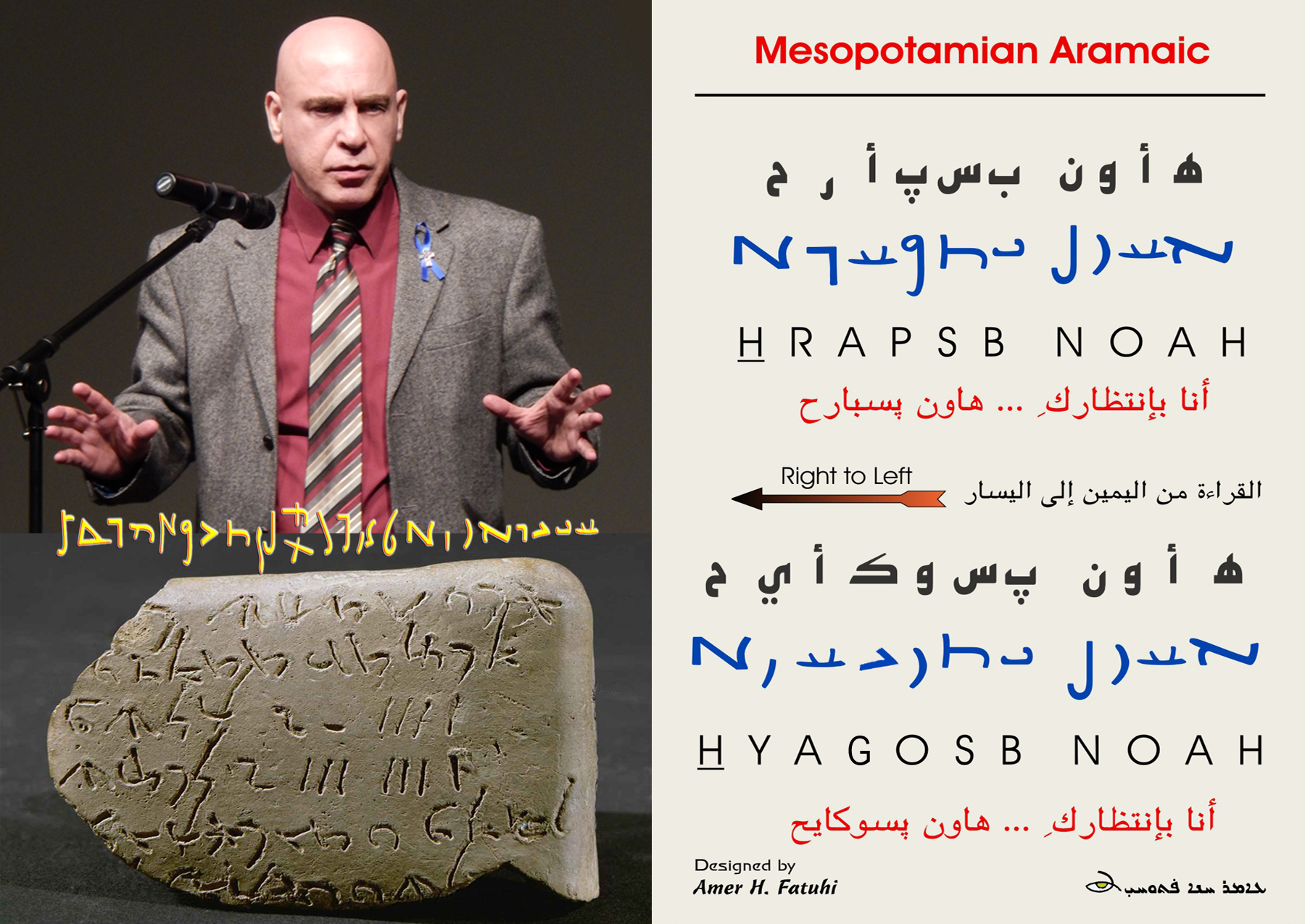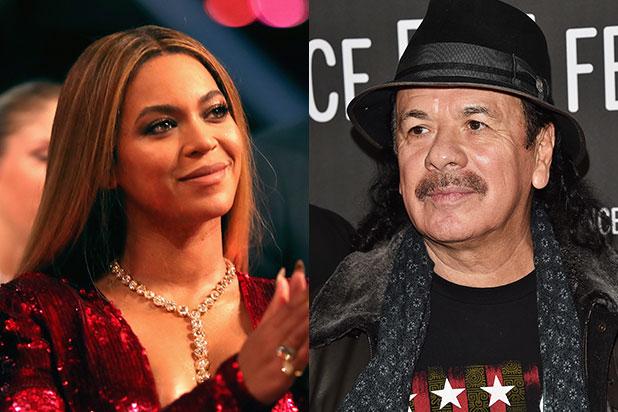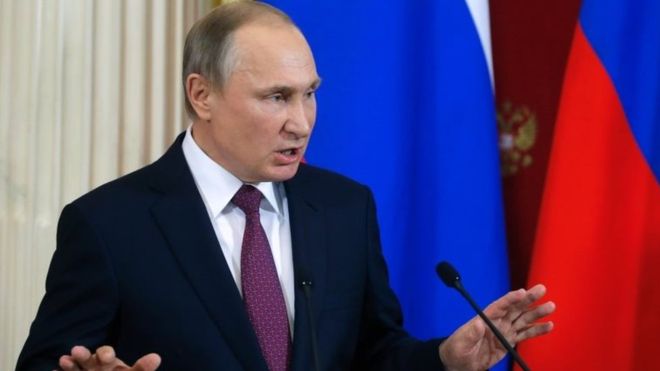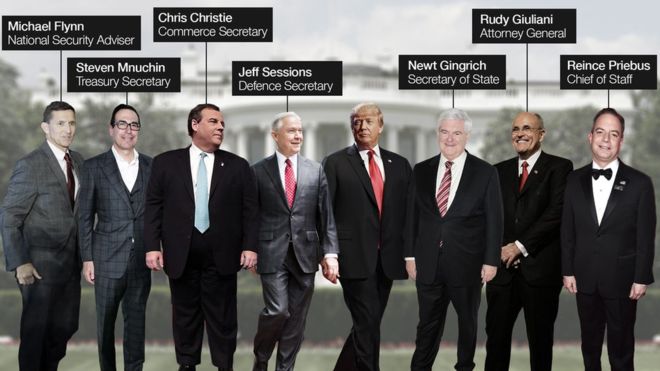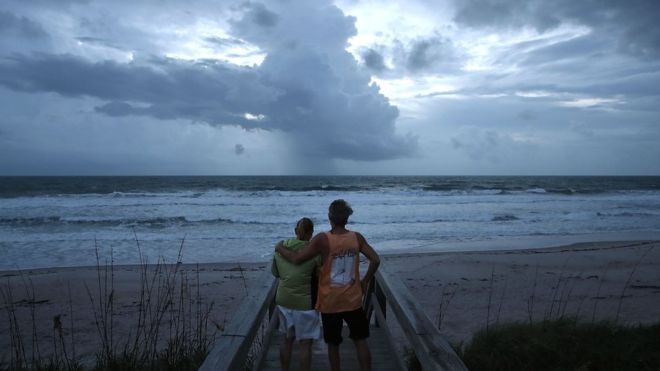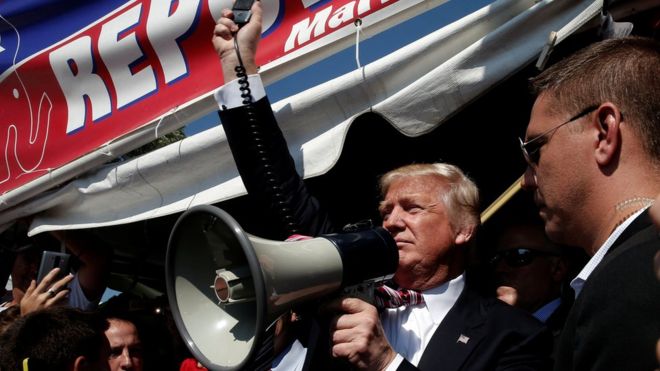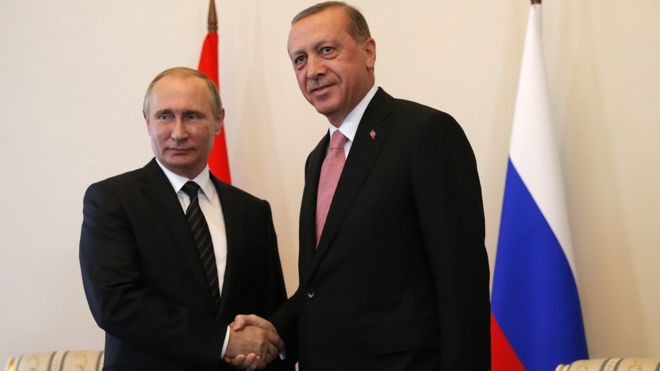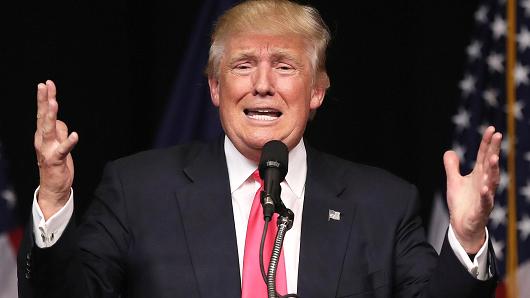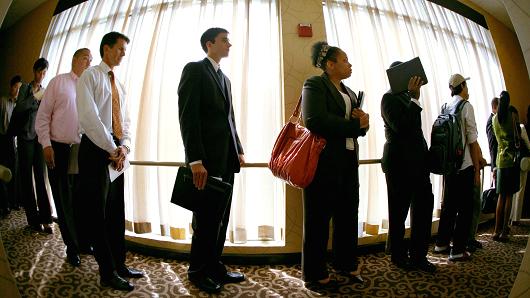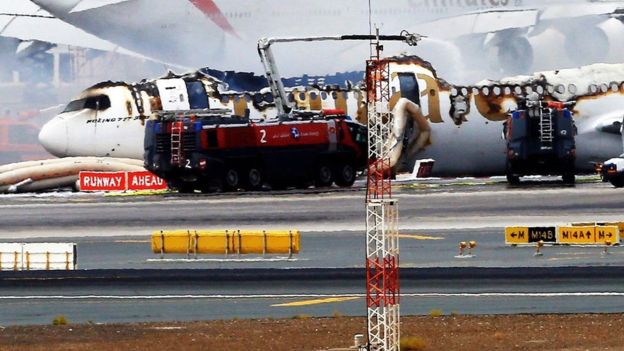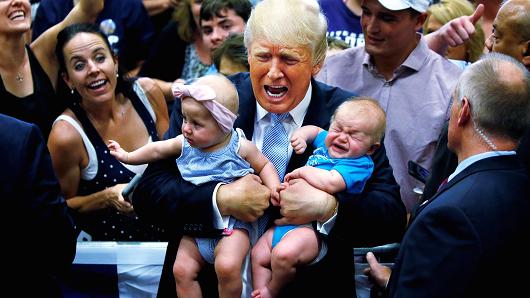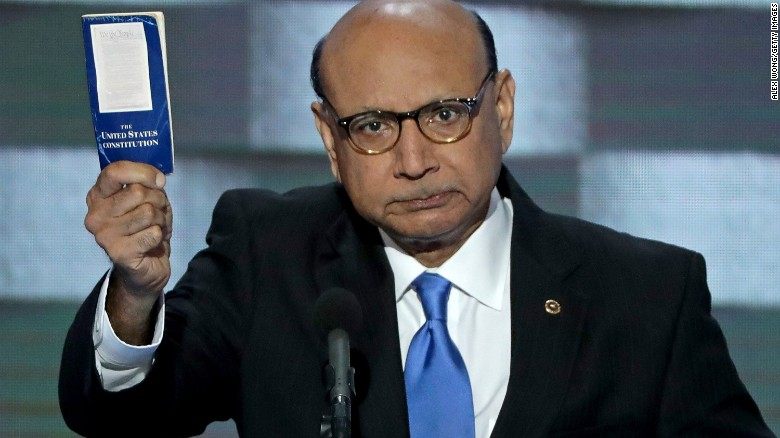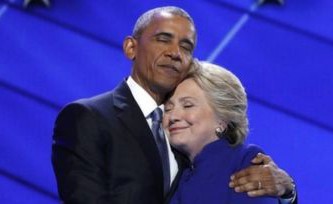Donald Trump on Monday will lay out his strategy for defeating radical Islamic terrorism, painting the fight as an ideological struggle on par with that of the Cold War.
By Jeremy Diamond, CNN
In Ohio, the Republican presidential nominee will lay out proposals to combat ISIS and prevent terrorist attacks in the US, including banning individuals from countries with heavy terrorist footprints where the US government cannot adequately vet visa applicants and increasing cooperation with willing Middle Eastern allies, a senior Trump campaign official said.
Trump is also set to make clear in his prepared remarks that the US will abandon any ambitions for nation-building or spreading democracy in the Middle East, expanding on his criticism of the Iraq War while on the campaign trail.
"We can't always choose our friends, but we know that we have to fight our enemies. We are going to work with anyone in the Middle East who is in agreement with us that ISIS needs to be extinguished," the senior campaign adviser said.
Trump's expected call to work with Muslim allies comes against a backdrop of fierce criticism and condemnation of the Republican candidate from Muslims in the US and abroad since December, when he proposed "a total and complete shutdown of Muslims entering the United States."
Beyond his immigration ban, Trump has also been criticized for suggesting that President Barack Obama is linked to radical Islamic terrorism, floating surveillance of US mosques and proclaiming that he believes "Islam hates us."
The campaign official argued that a clear statement that the US has no intention to "remake the Middle East into one democracy after another at the point of a gun" could encourage further cooperation and assistance from Middle Eastern allies in the fight against ISIS.
Trump's speech on Monday comes as his campaign has faced sagging poll numbers in key swing states in recent weeks, as the Republican nominee has lurched from one controversy to the next. Top Republicans have called on Trump to straighten out his flailing campaign.
Trump's controversial proposal to ban Muslims from the US has been through several iterations, with Monday's speech just the latest to provide a venue for further clarity.
The senior campaign official who previewed Trump's speech did not address Trump's initial description of the ban, but described the current proposal as one of withholding visas for individuals from any country "where we cannot perform adequate screenings" and where there is heavy terrorist activity.
Previously, however, Trump had moved beyond his call to ban all foreign Muslims from the US and proposed barring all individuals from counties "compromised by terrorism" -- though he has not specified which countries match that criterion.
While his campaign staff and surrogates have sought to describe the ban on individuals from terror states as a rollback of Trump's blanket ban on Muslim immigration, Trump recently characterized it on NBC's "Meet the Press" as an "expansion" and has yet to refute his original proposal.
While Trump is not expected to lay out on Monday which countries' citizens would be banned from the US, the senior campaign official offered Syria and Libya as examples of two countries that would be affected by the ban.
The Trump campaign official called on the State Department to release a list of individuals who had obtained visas to the US since 2001 who have since "been charged, implicated or accused of terrorism" in order to determine which countries should be banned.
Trump is also set to call for increased vetting of individuals entering the United States by developing a "test" that would question visa applicants on their support of US values and seek to weed out any supporters of extremist ideologies.
The campaign official specifically noted as an example that "large numbers of people" in Afghanistan "may have attitudes about women or attitudes about Christians or gays that would be considered oppressive, even violent."
"We have no reason to bring someone into our country who is going to harbor that hostility. We want to bring in people who are reformers or who support moderation or who embrace or expand pluralistic ideas," the campaign adviser.
The senior campaign official declined to say exactly what such a test would look like, but said it could include a questionnaire to get potential immigrants on record about their views.
By Jeremy Diamond, CNN >

